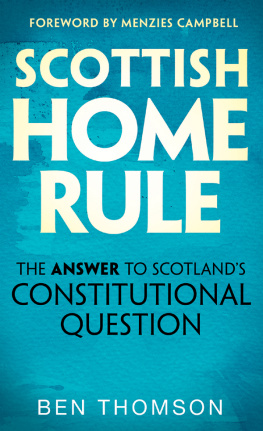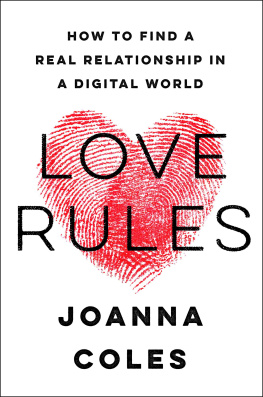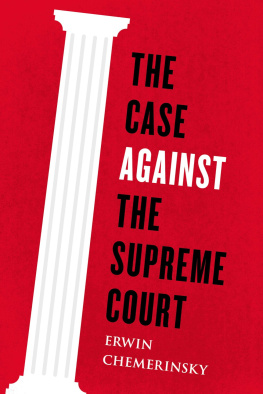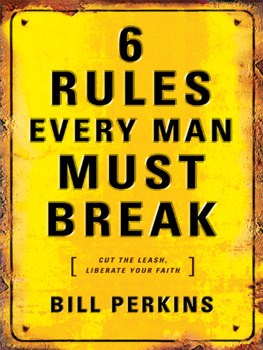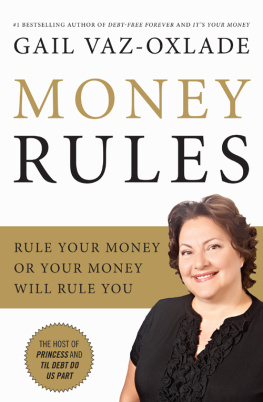Allowing for Exceptions:
Lus Duarte d'Almeida
Title Pages
Allowing for Exceptions
Oxford Legal Philosophy
(p.i) Oxford Legal Philosophy
Series Editors: Timothy Endicott, John Gardner, and Leslie Green
Oxford Legal Philosophy publishes the best new work in philosophically oriented legal theory. It commissions and solicits monographs in all branches of the subject, including works on philosophical issues in all areas of public and private law, and in the national, transnational, and international realms; studies of the nature of law, legal institutions, and legal reasoning; treatments of problems in political morality as they bear on law; and explorations in the nature and development of legal philosophy itself. The series represents diverse traditions of thought but always with an emphasis on rigour and originality. It sets the standard in contemporary jurisprudence.
ALSO AVAILABLE IN THE SERIES
The Ends of Harm
The Moral Foundations of Criminal Law Victor Tadros
Corrective Justice
Ernest J. Weinrib
Conscience and Conviction
The Case for Civil Disobedience Kimberley Brownlee
The Nature of Legislative Intent
Richard Ekins
Why Law Matters
Alon Harel
Imposing Risk
A Normative Framework John Oberdiek

(p.iv) 
- Great Clarendon Street, Oxford, OX2 6DP,
- United Kingdom
- Oxford University Press is a department of the University of Oxford.
- It furthers the Universitys objective of excellence in research, scholarship,
- and education by publishing worldwide. Oxford is a registered trade mark of
- Oxford University Press in the UK and in certain other countries
- The moral rights of the author have been asserted
- First Edition published in 2015
- All rights reserved. No part of this publication may be reproduced, stored in
- a retrieval system, or transmitted, in any form or by any means, without the
- prior permission in writing of Oxford University Press, or as expressly permitted
- by law, by licence or under terms agreed with the appropriate reprographics
- rights organization. Enquiries concerning reproduction outside the scope of the
- above should be sent to the Rights Department, Oxford University Press, at the
- address above
- You must not circulate this work in any other form
- and you must impose this same condition on any acquirer
- Crown copyright material is reproduced under Class Licence
- Number C01P0000148 with the permission of OPSI
- and the Queens Printer for Scotland
- Published in the United States of America by Oxford University Press
- 198 Madison Avenue, New York, NY 10016, United States of America
- British Library Cataloguing in Publication Data
- Data available
- Library of Congress Control Number: 2014950250
- Printed and bound by
- CPI Group (UK) Ltd, Croydon, CR0 4YY
- Cover image: Le Dfenseur (c. 1860) by Honor Daumier. Superstock/Glowimages.com
- Links to third party websites are provided by Oxford in good faith and
- for information only. Oxford disclaims any responsibility for the materials
- contained in any third party website referenced in this work.
Dedication
(p.v) To my father, and to the memory of my mother (p.vi)
Contents
(p.vii) Series Editors Preface
Recent work in the philosophy of criminal law has given renewed prominence to the distinction between offences and defences. Unconvinced that this is merely a technical distinction drawn for the purpose of allocating burdens of proof as between the parties to criminal proceedings, several theorists have attempted to establish that the distinction is rooted in the general theory of responsibility, and that it has significance beyond the criminal law. In this fascinating work, Lus Duarte dAlmeida joins those who deny that the distinction is merely a technical one. He also agrees that it has a significance reaching well beyond the criminal law, extending into the whole theory of rules and exceptions in practical reasoning. But he argues that all this is nonetheless compatible with an understanding of the distinction that ties it very closely to the theory of proof.
The first moves of Duarte dAlmeidas book lay the foundation for these claims by retrieving some ideas from H.L.A. Harts early (and later disowned) arguments about the role of defences in law and morality. Duarte dAlmeidas sophisticated reworking of these ideas provides the groundwork for his original account of the more general distinction between rules and exceptions. He shows how this view casts new light on several issues and problems, including the notion of the burden of proof and the distinction between offences and defences in criminal law.
Lus Duarte dAlmeida thus reconnects the local concerns of criminal law theory and the theory of legal proof with wider problems in philosophy of law. He also speaks to lawyers. The book is (p.viii) highly original and highly critical of some prevailing dogmas, yet it also reminds us that sometimes the traditional legal analysis of a problem can give the best clues in the search for a philosophical understanding.
T. A.O. Endicott
J. Gardner
L. Green
(p.ix) Acknowledgments
My greatest debt of gratitude in writing this book is to John Gardner, who supervised the D.Phil. thesis out of which the book has grown. Generous and stimulating guidance is only one among the many things for which I thank him. I am also very grateful to many friends and colleagues for helpful comments and discussions. Jos de Sousa e Brito has been a gentle teacher and a patient critic. Pedro Mrias, who read many versions of several chapters, and Benjamin Spagnolo, who read at least one version of each chapter, both gave me extensive remarks and corrections. At different stages I profited from exchanges with Eugenio Bulygin, Andrea Dolcetti, James Edwards, Sebastin Figueroa, Leslie Green, Matthew Grellette, Danil Hogers, Jos Juan Moreso, Nicola Muffato, Maribel Narvez Mora, Diego Papayannis, Frederick Schauer, Fbio Shecaira, Richard H. S. Tur, Jos Antnio Veloso, Fred Wilmot-Smith, and Hugo R. Zuleta; and the final draft was greatly improved by Alex Flachs expert suggestions. I am equally grateful to Antony Duff and Timothy Endicott, my doctoral examiners, for instructive feedback on the original thesis; to audiences in Barcelona, Baha Blanca, Belo Horizonte, Buenos Aires, Cambridge, Frankfurt, Girona, Lisbon, Milan, Oxford, and Hamilton, Ontario, where versions of several chapters were presented over the past few years; and to Celia Davis for excellent research assistance. And I am especially beholden to the Edinburgh Legal Theory Group for organizing, and to the Edinburgh School of Law for supporting, a one-day workshop on the penultimate version of the typescript. Many thanks to all who participated, and especially to Andrew Cornford, James Edwards (again), Guy Fletcher, Martin Kelly, Alex Latham, Euan (p.x) MacDonald, Cludio Michelon, Nick Treanor, and Neil Walker; their comments led me to revise and expand several passages, and to correct some mistakes, when preparing the final version.



